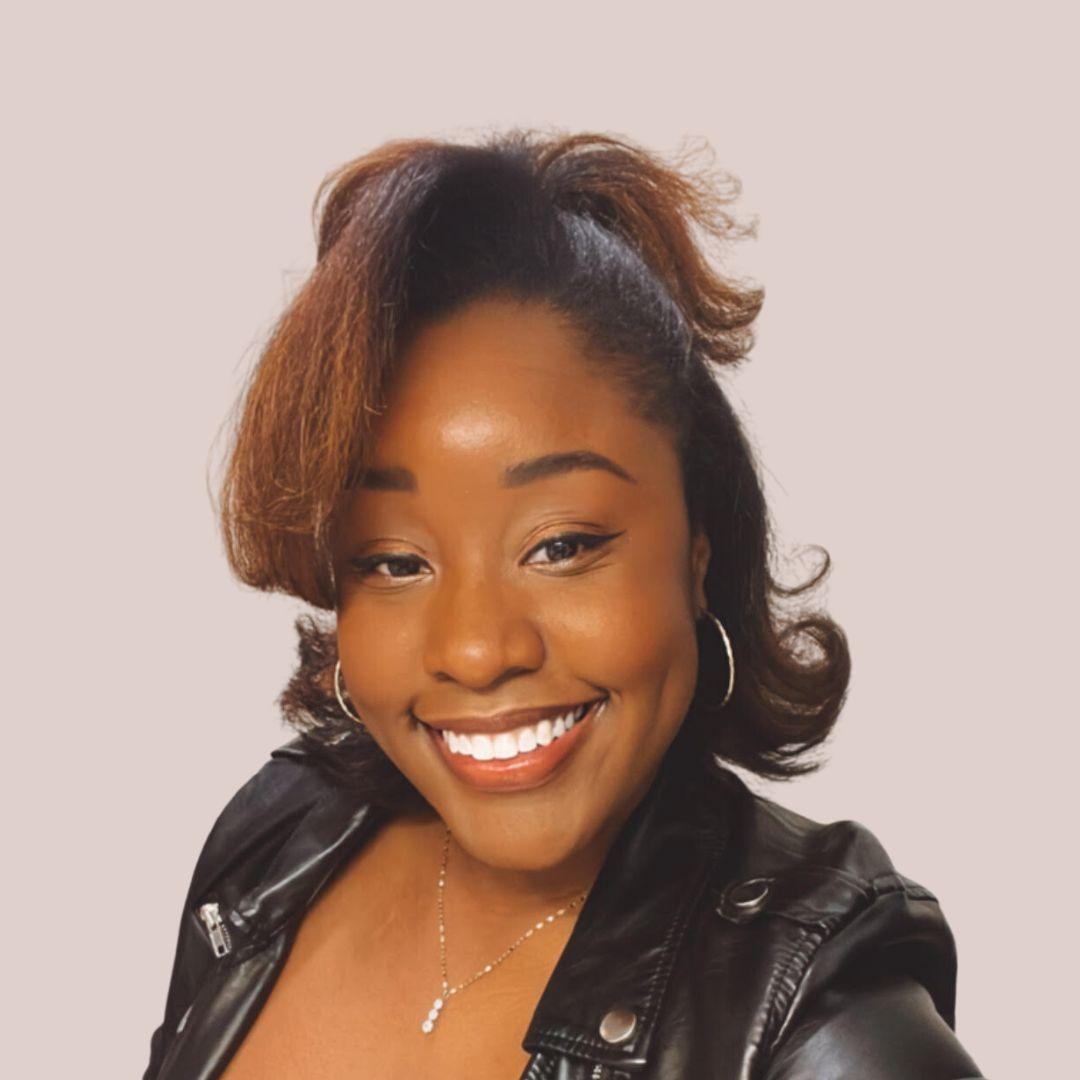The Rise Of Women-Led Book Clubs And Literary Movements

Everyone knows the story: a group of tipsy women laughing on a couch holding glasses of red wine chatting about a novel only half the group finished reading. In between sarcastic answers to discussion questions found on Google, they talk about their lives balancing partners, kids, and careers. It’s cathartic and chaotic.
They may chat goodnaturedly about the book choice (or complain about the wine choice), but they love being in community. That familiar scene has been shown in countless films and TV shows in the last few years. However, across kitchen tables, in bookstores, and on BookTok feeds, women in today’s book clubs are redefining what it means to read, gather, and create together.

The Book Club Renaissance
While being featured in suburban mom book clubs has long been a key part of securing publication success for authors, the 2020s have ushered in a renaissance powered by digital grassroots organizing. Now when readers walk into bookshops, they might find a table or a whole section of shelf space dedicated not to the New York Times bestsellers, but to the most popular books being discussed on social media. At the heart of this literary resurgence is women who are reading with a focus and intention that far exceeds just reaching the conclusion.
Much of the momentum has been driven by TikTok, where the BookTok subcommunity has emerged as a force in the publishing and marketing industries. Readers post impassioned reactions, recommendations, and deep dives that have reshaped bestseller lists and launched careers.
According to a 2023 report from Circana, adult fiction sales in the U.S. rose by more than 8% in large part due to BookTok’s influence. Viral books like It Ends with Us by Colleen Hoover and The Seven Husbands of Evelyn Hugo by Taylor Jenkins Reid climbed the charts on the backs of honest, highly shareable content created by everyday readers.
The Power Of A Collective Healing Space
But the movement goes deeper than trending titles. What’s emerging is a decentralized, woman-powered literary culture that’s become a collective healing space and a chance to build a personal brand about books without a degree or being on staff at a major publisher.
Of course, no conversation about the modern book club movement is complete without mentioning Oprah Winfrey, whose original book club, launched in 1996, essentially invented the model of the celebrity-powered book club. Almost three decades later, Oprah’s Book Club still commands massive influence, now reaching readers digitally through Apple Books and OprahDaily. Her picks often spark national conversations, and many become instant bestsellers. But perhaps more importantly, her club laid the foundation for what book clubs could be: reflective, wide-reaching, and culturally relevant.
Another key player in ‘broadcast book clubs’ is Read with Jenna, the book club helmed by Today Show co-host Jenna Bush Hager. Since its launch in 2019, the club has introduced millions of mainstream viewers to nuanced, often debut works by underrepresented voices. Though tied to a major broadcast platform, its reach feels grounded and resonants with a diverse audience of readers.
Building on that blueprint is actress Reese Witherspoon, whose Reese’s Book Club is not only wildly popular (with over 3 million Instagram followers) but deeply strategic. Every selection spotlights women-centered narratives and is chosen through her media company, Hello Sunshine—a production company Witherspoon co-founded to adapt and amplify stories by and about women. Books like Where the Crawdads Sing, Big Little Lies, Little Fires Everywhere, From Scratch, and Daisy Jones & The Six have all gone from monthly reading picks to screen adapted films and television shows. Her business model allows everyday readers a chance to become part of the story from script to screen using their collective reading power. That creative ingenuity is what has made her book club so successful.

Then there’sWell-Read Black Girl, founded by Glory Edim, which began as an Instagram post and has blossomed into a national platform for Black women readers and writers. The club has hosted live events, festivals, children’s camps, and in 2025 launched Liveright Publishing which focuses on publishing debut fiction titles. As this book club expands, it continues to lead with community-first values, proving it’s not just about spotlighting voices that are historically pushed to the margins, it’s about redefining what the center looks like altogether.
This new trend, of book clubs becoming media production companies and publishing houses is an incredible transformation that allows a diverse set of people to be a part of the process of making and sharing great stories. From famous media professionals and actors to social media influencers and everyday women, book clubs are evolving into multi-purpose ecosystems: part social circle, part mutual aid, part storytelling salon.
Social media may have accelerated the rise of these book clubs and extended their reach, but the real fuel is connection. In a time of social burnout, endless scrolling, and AI-induced loneliness, books offer quiet reflection and intimacy with our community. They have also become safe havens in times of collective grief and spaces where women are allowed to be both undone and understood. And that’s the true power of women-led book clubs and literary movements. They hold us in our contradictions and remind us that while the world continues to evolve, we can still show up and change too.






